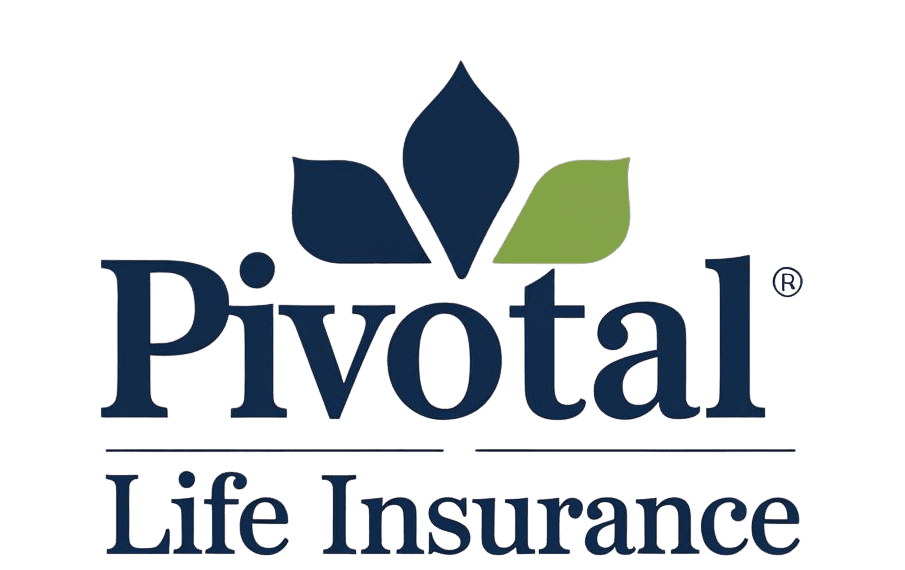If you have a term life insurance policy, you may wonder if it can serve as a financial safety net beyond death benefits. Many people ask, can you borrow against term life insurance? Understanding the answer is crucial for financial planning, especially if you need access to cash in an emergency or want to leverage your insurance policy as collateral. This article breaks down how term life insurance works, the borrowing options available, and practical alternatives to maximize your financial security.
What Is Term Life Insurance?
Term life insurance is a type of life coverage that pays a death benefit to your beneficiaries if you pass away during a specific period, usually 10, 20, or 30 years. Unlike whole life or universal life insurance, term life:
Does not accumulate cash value
Focuses solely on death protection
Offers affordable premiums compared to permanent life insurance
This distinction is critical when exploring borrowing options because only policies with cash value can typically serve as collateral or offer policy loans.
Can You Borrow Against Term Life Insurance?
Short answer: No. Term life insurance cannot be borrowed against.
The reason is simple: term policies do not build cash value. Without cash value, there is nothing for the insurer to lend you. Any attempt to borrow against a term policy would be impossible.
Key points:
Term life is purely for death benefit protection.
Policy loans are only available with cash value policies like whole life or universal life insurance.
Borrowing against insurance is not the same as taking a loan against collateral you own, like a house or car.
How Term Life Differs From Whole Life for Borrowing
Whole life insurance builds cash value over time, which can be borrowed against, sometimes at low interest rates. Here is a comparison:
| Feature | Term Life Insurance | Whole Life Insurance |
|---|---|---|
| Cash Value | None | Yes, grows over time |
| Loan Availability | Not available | Can borrow against policy |
| Premiums | Lower | Higher |
| Purpose | Death protection | Death protection and savings |
Understanding this difference helps you choose the right policy based on your long-term financial goals.
Alternatives If You Need Cash
If your goal is financial flexibility, term policyholders have options:
Emergency savings fund: Build a dedicated savings account to cover unexpected expenses.
Personal loans: Banks and credit unions offer unsecured loans if you need immediate access to funds.
Credit cards with low interest rates: For short-term cash needs, but be cautious of high interest.
Upgrade to a permanent life policy: Some insurers allow converting term policies to whole life or universal life, unlocking cash value and borrowing potential.
These options provide liquidity without relying on a policy that cannot support loans.
Common Questions About Term Life Borrowing
Does term life insurance have cash value?
No. Term life only pays a death benefit and does not accumulate savings.
Can I convert my term policy to a whole life policy?
Yes. Many insurers offer conversion options, allowing you to access cash value later without a new medical exam.
Is borrowing against life insurance a good financial strategy?
Only with permanent life insurance policies. Term life will not allow this, so alternative financial strategies are necessary.
Key Takeaways
Term life insurance cannot be borrowed against because it has no cash value.
Whole life insurance or universal life offers borrowing options through policy loans.
Consider savings, personal loans, or policy conversion if you need access to funds.
Understanding the differences between term and permanent insurance is crucial for financial planning.
Reflection
What’s your biggest challenge with life insurance planning? Have you considered how a term policy fits into your broader financial strategy? Sharing your experiences can help others understand real-world implications.

